Economist and gold investor Peter Schiff recently revealed a tokenized gold product, which allows users to access physical gold in a digital form. Through a mobile application, investors can acquire gold, assured that it is securely stored in specialized vaults. Ownership is transferable, and tokens can be converted back into physical gold upon request. Notably, Binance‘s founder, Changpeng Zhao, publicly voiced his skepticism about the concept.
Is Trust a True Asset?
Changpeng Zhao openly criticized Schiff’s venture via social media, questioning the asset’s authenticity on the Blockchain. According to Zhao, investing in such tokenized products requires trusting a third party’s future gold delivery. He labeled the concept as relying merely on a “trust me, brother” principle, differentiating it from Blockchain’s decentralized nature.
He further stressed that trust can deteriorate in situations such as leadership changes, economic downturns, or conflict periods. He asked, “Who can guarantee they will truly deliver the gold years or even decades later?” Zhao referenced the failure of previous gold-related projects to highlight the inherent risks.
Can Traditional Gold Hold Its Ground Against Crypto?
Schiff’s initiative has stirred up the classic gold versus cryptocurrency debate. Proponents of traditional investments argue in favor of tangible assets, while crypto enthusiasts advocate for decentralized financial systems. Schiff sees Blockchain-based gold as a step forward in digital ownership, a notion challenged by cryptocurrency advocates as defying decentralization principles.
For Schiff’s project to succeed, experts argue that proving investor trustworthiness is just the beginning. They emphasize the necessity of regulatory clarity, verified physical collateral, and consistent auditing processes. Without these measures, Zhao contends these gold tokens risk being nothing more than empty assurances.
“Many in the Blockchain space continue to doubt the feasibility and genuine value of tokenized gold compared to decentralized real crypto assets,” Zhao commented.
Key takeaways from this unfolding scenario include:
- The introduction of digital gold creates significant discussions and diverse viewpoints.
- Trust and verification remain critical components for digital assets’ acceptance.
- Regulatory oversight and audits could determine the project’s long-term sustainability.
The narrative surrounding Schiff’s tokenized gold has clearly captured the attention of both traditional and crypto-oriented sectors. Without resolving these fundamental concerns, such innovations may struggle to gain widespread acceptance in the broader market. The conversation continues as market leaders and tech innovators grapple with these evolving realities.
Disclaimer: The information contained in this article does not constitute investment advice. Investors should be aware that cryptocurrencies carry high volatility and therefore risk, and should conduct their own research.






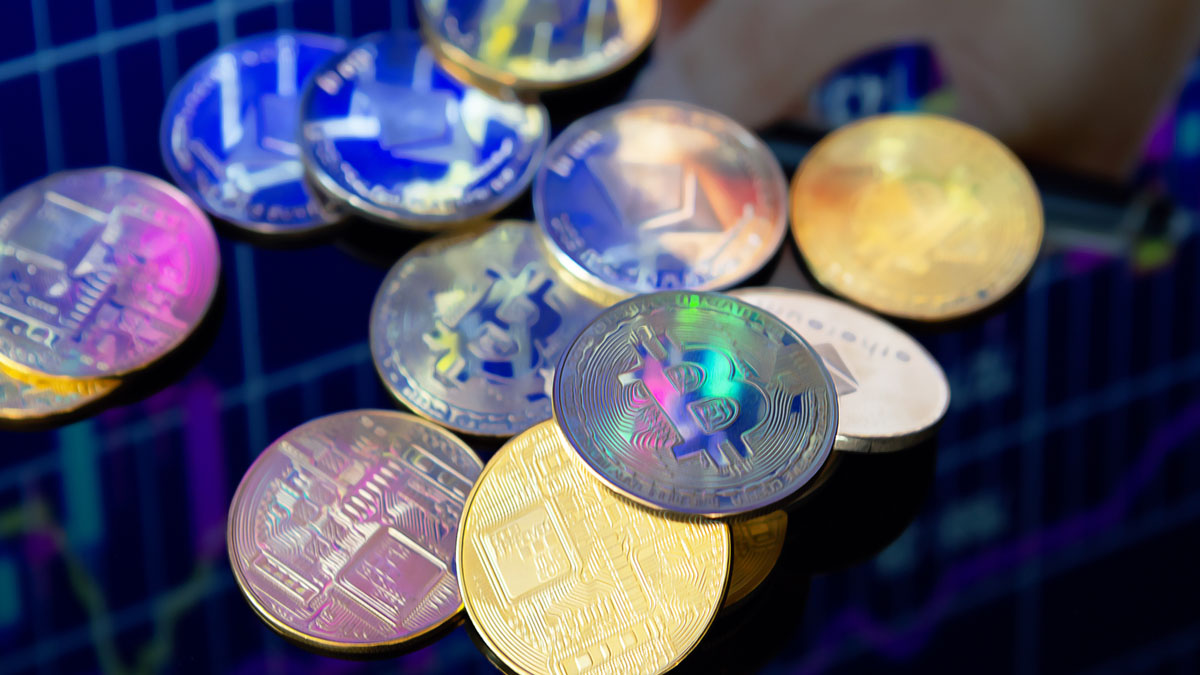



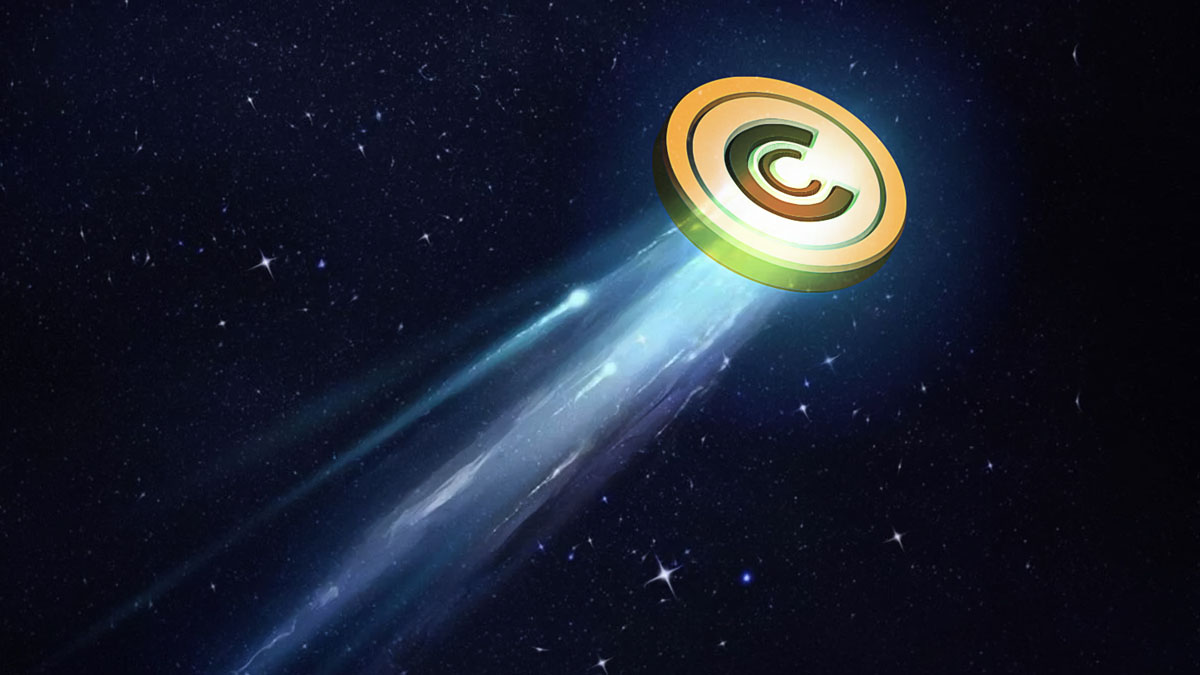

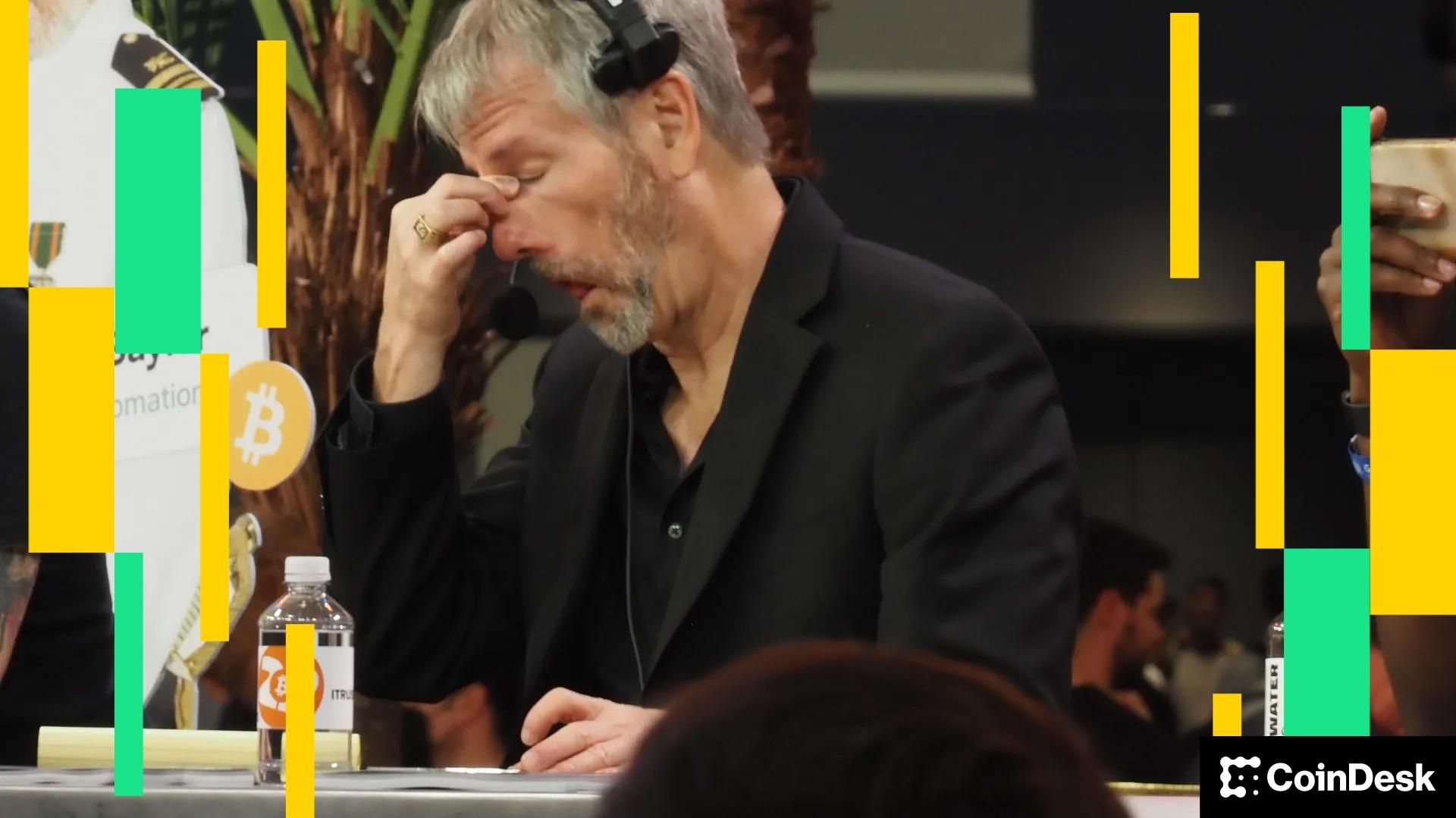


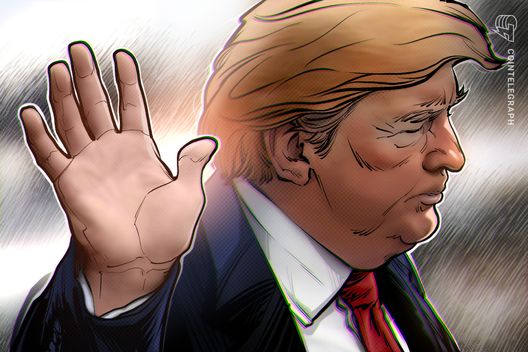
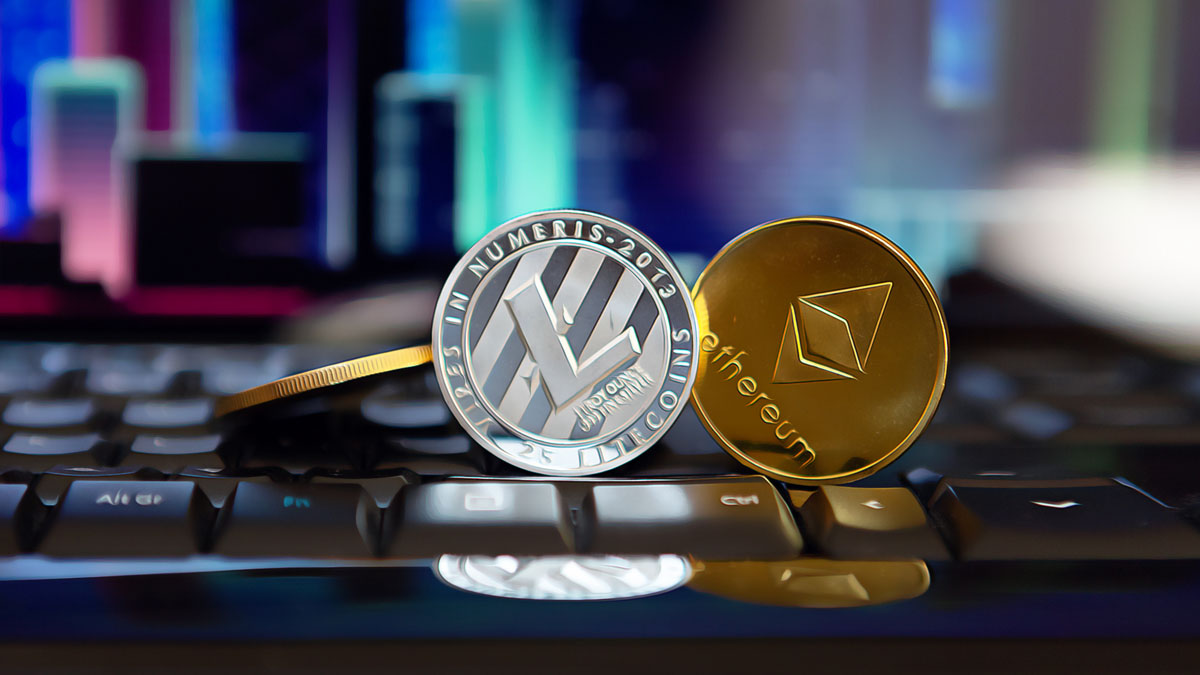
 English (US)
English (US)